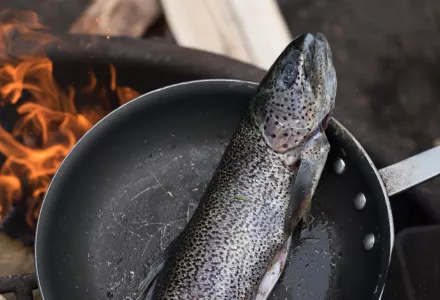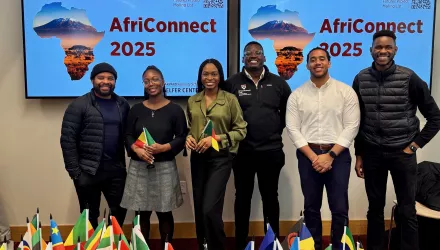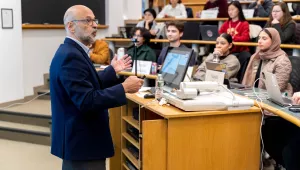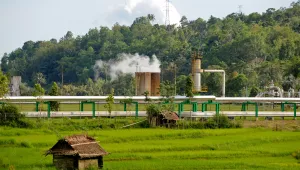Agenda for ARF Food Security Session:
11:30am
• Introductory remarks, Joel Clement, Senior Fellow, Arctic Initiative, Harvard Kennedy School’s Belfer Center
11:35am PANEL 1: Russian Perspective on Food Security
• Video message on Russia’s Food Security Doctrine from Irina Bazhanova, Minister for Agriculture and Trade, Arkhangelsk, Russian Federation
• Vladimir Pushkarev, Deputy of the state Duma of the Federal Assembly of the Russian Federation of the seventh convocation; Deputy Chairman, The State Duma Committee for Regional Policy and Issues of the North and Far East
• Georgiy Sukhanov, PhD, Northern Arctic Federal University (NArFU) Business School; Russian legislation and governmental support of Food Industry Sector/ RF Food Security Doctrine
11:50am Q&A
12:00PM PANEL 2: Local Perspectives on Food Security
• Liza Mack, Director, Aleut International Association
• Anders Oskal, Secretary General, Association of World Reindeer Herders
• Dele Raheem, Senior Researcher, Arctic Centre, University of Lapland, Finland; Strengthening the local food system to withstand disruptions – focus on Finnish Lapland
12:15pm Q&A
12:25pm PANEL 3: Innovation in Food Security Research and Monitoring
• Tatiana Sorokina, PhD, Head of the Arctic Biomonitoring Laboratory, Northern Arctic Federal University (NArFU); Biomonitoring in the Russian Arctic: First results and forward steps
• Mr. Petri Juhana Muje, AGROFORE Project Manager, Lapland University of Applied Sciences
• Kelley Uhlig, Project Coordinator, Arctic CoObs
12:40pm Q&A
12:50pm ET
• Reflections from Discussant, Marisol Maddox, Arctic Analyst, Polar Institute, Woodrow Wilson Center
• Reflections from Moderator, Jennifer Spence, Executive Secretary, Sustainable Development Working Group, Arctic Council
• Concluding remarks, Joel Clement, Senior Fellow, Arctic Initiative, Harvard Kennedy School’s Belfer Center
1PM ET event concludes




